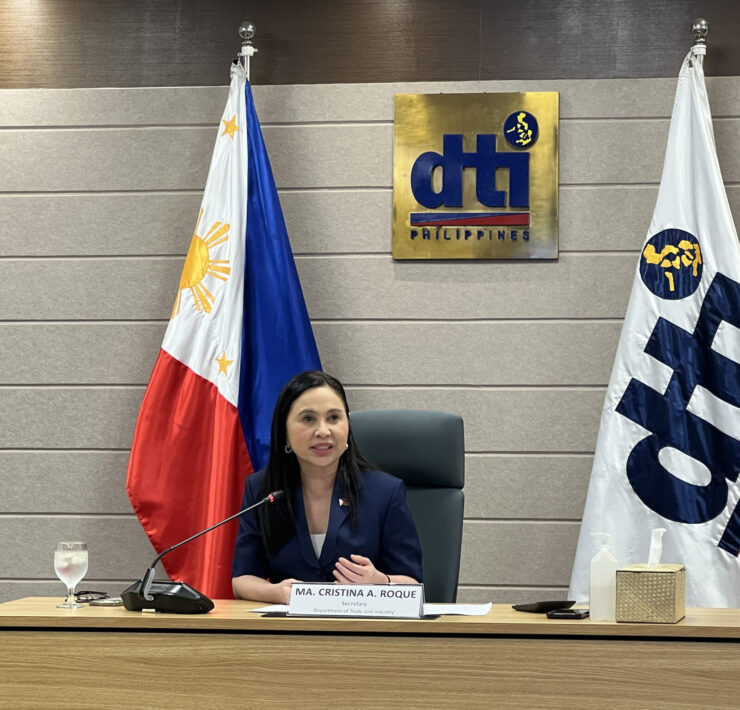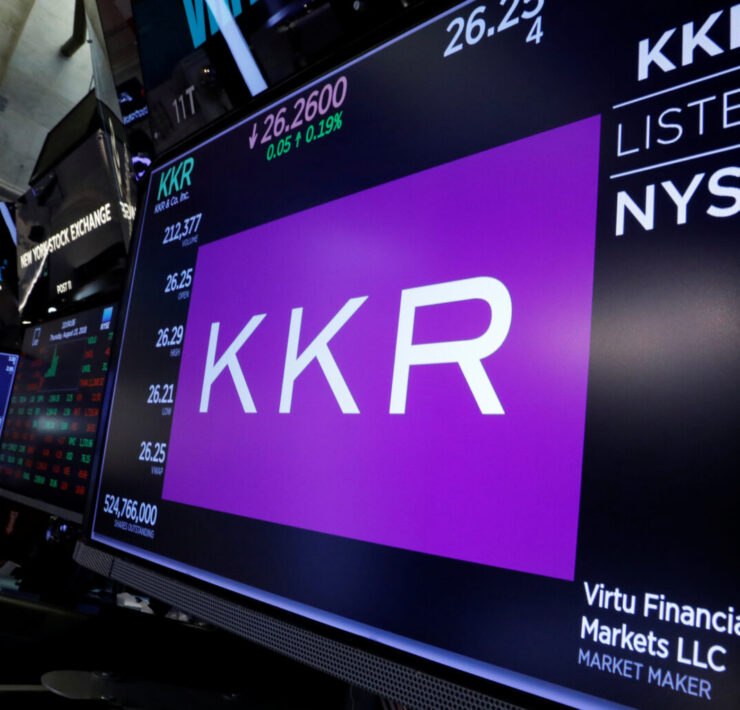The ultrarich get even richer by rethinking investments
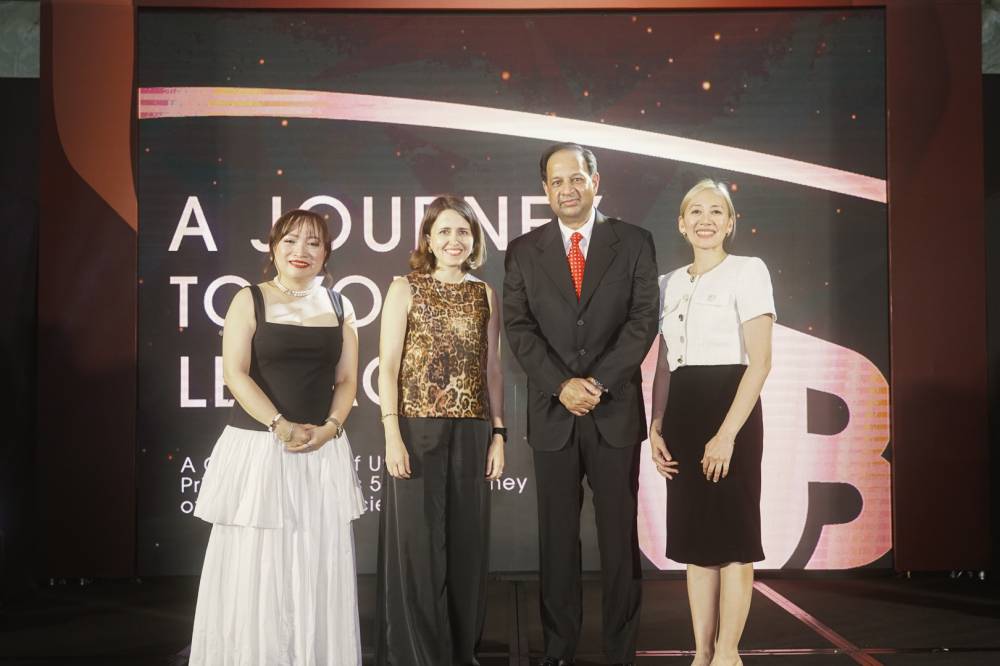
A more engaged, tech-savvy and affluent consumer cohort is on the rise as the Asia-Pacific region is on the verge of a significant wealth transfer.
Over the next decade, wealth in the region is changing hands in favor of a younger generation. Around 70,000 high-net worth individuals from Asia-Pacific are expected to transfer around $2.5 trillion to their heirs.
The “inheritance economy” is ushering new trends in handling wealth. The next generation’s aspirations are noted to be more global as they are more willing to embrace digitalization while seeking a more diverse portfolio. They are also increasingly looking into sustainable investments.
“There has been an increase in consumer affluence over the years particularly because of the Great Wealth Transfer. As this transfer happens, the wealth is spread out to more individuals, which has resulted in a different set of investment goals and needs,” says lawyer Arlene Joan Tanjuaquio-Agustin, head of private banking at Union Bank of the Philippines.

Recognizing the changes and growth of the wealth management industry, UnionBank Private Banking provides a full-suite of products services such as succession planning and the NextGen Academy Program, in a bid to enable a seamless and holistic transfer of wealth across generations.
Wealth managers are now seeking ways to offer more dynamic management solutions for the next generation of the ultra-wealthy. These are some of the investing trends that have come to light.
1. Spotlight on private assets
With Asia-Pacific remaining the fastest-growing region globally, Agustin says wealth managers in the region are turning their attention to private assets or investments in equity and debt issued by privately owned companies that are not listed on a stock exchange. Such interest is driven by the potential for higher returns and diversification.
But as the new generation of high-net worth individuals pivots to alternative investments, transparency and education become a challenge.
“Only 8 percent fully agree that they have integrated private assets into their portfolios, reflecting the need for more education and awareness. Additionally, 64 percent in the Philippines agree that there is too much speculation in listed companies, making private assets a more attractive option,” says Agustin.
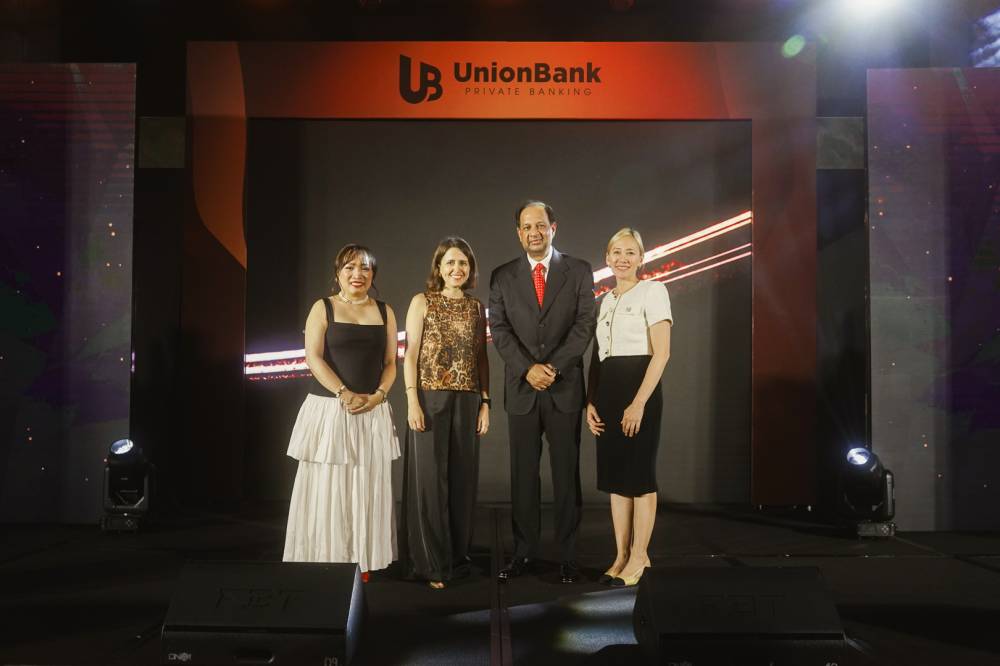
Wealth managers, she says, are now expanding their services by offering private debt issuance and access to private asset funds. The goal is to further maximize wealth and diversify portfolios through tailored solutions.
2. Going global
The ultra-wealthy are increasingly allotting more of their portfolio to overseas investments, allowing them to acquire assets abroad and participate in the economy of another country. “International investments provide exposure to different economic environments and emerging opportunities across the globe, helping [clients] mitigate risks associated with local market volatility,” Agustin adds.
Greater awareness and accessibility to global markets are giving the rich more room for diversification, risk management and the pursuit of higher returns.
This opportunity for growth paved the way for Aboitiz-led UnionBank Private Banking to partner with Lombard Odier — a global wealth and asset manager with a strong focus on sustainable investing—to provide clients with access to global funds. This alliance hopes to give their clients a head start on emerging opportunities in the global market through a comprehensive range of global investment products.
Lombard Odier is a Swiss private bank specializing in wealth and asset management, private banking services and technology for banking. It has been at the forefront of guiding clients throughout their wealth journey since 1796.
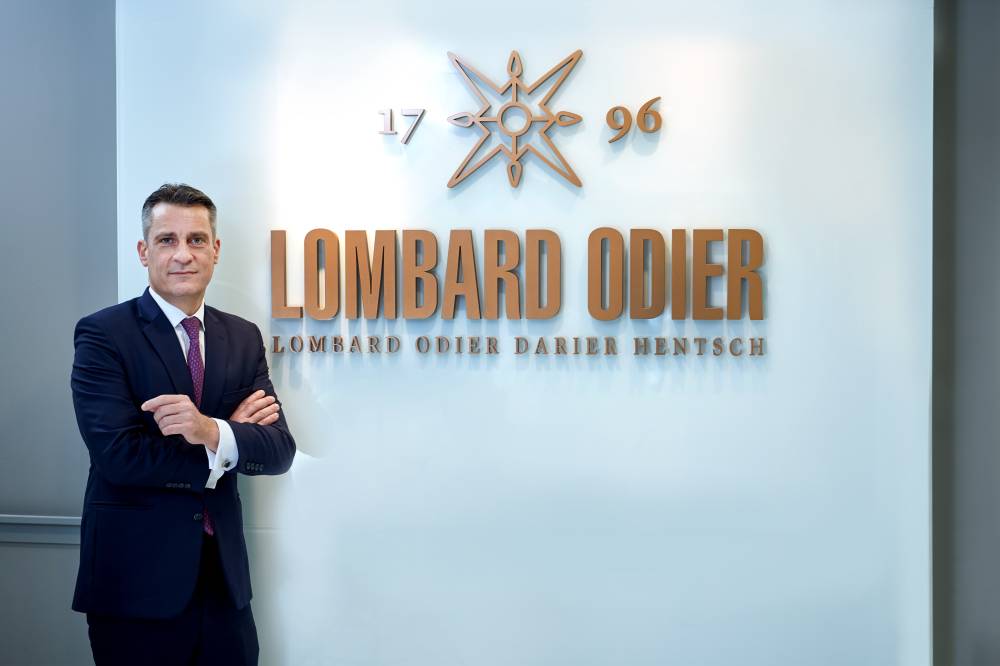
“As an independent, high-end, pure-play investment house, we provide a comprehensive offering of discretionary and advisory portfolio management and wealth services closely aligned with our global house views,” says Vincent Magnenat, Asia regional head and global head of strategic alliances at Lombard Odier.
3. The desire to give something back
Incorporating sustainable investments in the super-rich’s portfolio further gained traction in the aftermath of the pandemic. The wealthy young generation became “woke” during the global health emergency. As a result, this gave them a laser-like focus to be more engaged with the causes they champion.
Sustainable and impact investing became more than just mere buzz words for them as it offered a two-fold golden ticket: generate wealth and create positive social change.
Wealth managers’ key strategic focus is to now shift their value propositions and service offerings that are aligned with the values of their next-gen clients. Agustin notes that the younger generation is leaning toward impact investing, which shows a potential shift in future investment preferences.
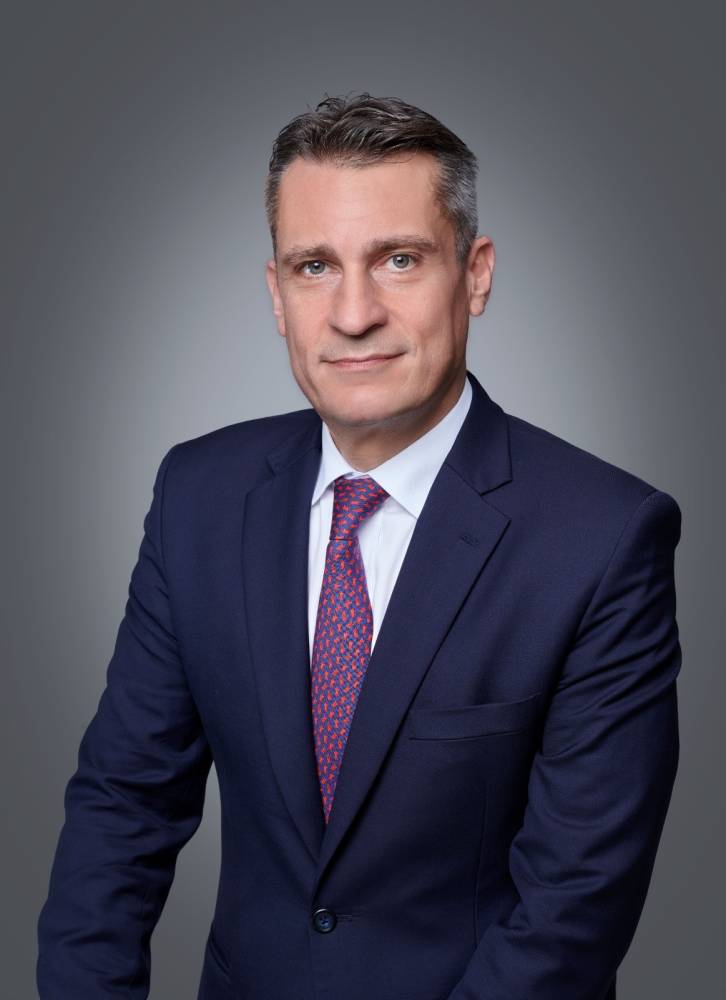
“Despite this interest, there is still caution and hesitancy toward increasing investments in sustainability, indicating a need for further education and awareness,” Agustin adds.
This emerging trend has given UnionBank Private Banking and Lombard Odier an opportunity to introduce sustainable investing as a new asset class, offering global funds dedicated to sustainability, changing the world as well as earning some financial returns.
4. Riding the wave of entrepreneurial success
Younger moneyed individuals are gaining substantial wealth through entrepreneurship. However, the task of private bankers now is to ensure that the entrepreneurs are financially literate and are knowledgeable in investments and risks.
UnionBank’s NextGen Academy program provides a curated education on various wealth management topics, including entrepreneurship, branding, marketing, leadership and the integration of data and artificial intelligence in challenging business paradigms.

“[It] also serves as a dynamic platform that fosters connections and a sense of community. Participants engage in activities that help them establish enduring connections, forming professional networks and genuine friendships,” Agustin adds.
Every investment entails risks, she adds, yet the management of risk has been an important factor in determining the most suitable investment.
“Our role as private bankers is to provide the information, give sound advisory and ensure that clients meet their investment goals, in terms of [return on investment] over their set time horizon,” she says.
According to Magnenat, private bankers now need to be “nimbler in adapting to clients’ needs.” They need to have a deeper understanding of the world while communicating timely solutions and delivering services that are at par with the clients’ faster time horizons.

















